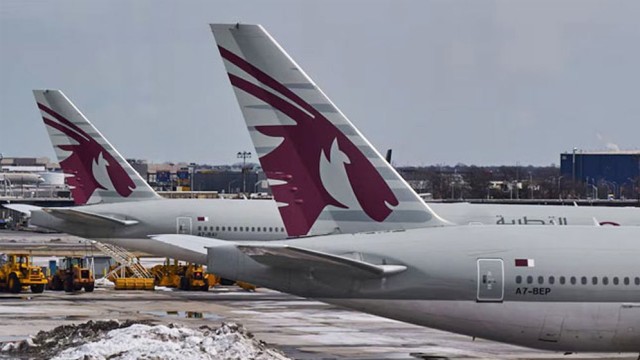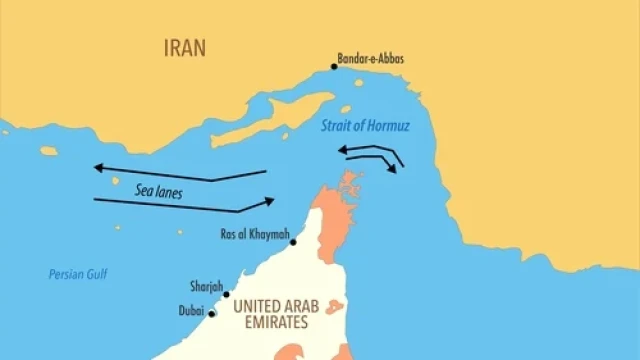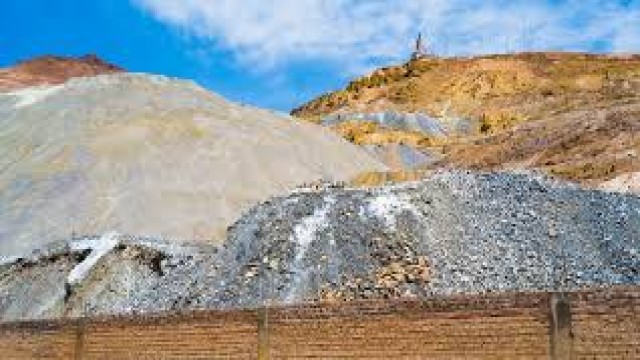Beirut, Sep 24 (V7N) –Tensions between Hezbollah and Israel have surged in recent weeks, following an explosion of pagers and walkie-talkies used by Hezbollah members, which has intensified their ongoing conflict. The explosion, which occurred last week, killed more than 40 people, including at least 16 Hezbollah members. Hezbollah has blamed Israel for the blast, marking a significant turning point in the long-standing rivalry between the two parties.
The confrontation between Hezbollah and Israel, which has persisted for decades, took a more dangerous turn when the Palestinian group Hamas attacked Israel on October 7 last year, igniting a war. Since then, Hezbollah, part of a Tehran-led coalition spanning Yemen, Syria, Gaza, and Iraq, has escalated its cross-border attacks on Israel. Hezbollah has pledged to continue its assault as long as Israel's war in Gaza continues.
Last Monday, Israeli Prime Minister Benjamin Netanyahu warned that the "security balance" in Israel's northern region was shifting, and thousands of rockets and missiles were being fired at Israeli towns and cities. He indicated that a major Israeli offensive against Lebanon was imminent.
The escalating conflict is the most intense exchange of fire between Israel and Hezbollah in recent memory. Hezbollah has increased its missile strikes on Israeli territory in response to Israel's airstrikes on Lebanon, especially in the aftermath of the pager explosion. Israeli airstrikes targeted multiple cities in southern Lebanon, raising fears of an all-out regional war.
According to Lebanon's Ministry of Health, Israeli airstrikes on Monday, September 23, 2024, killed at least 492 people, including 35 children, and left 1,645 others injured. Tel Aviv reportedly launched more than 650 attacks on 1,300 Hezbollah targets in Lebanon within a span of 24 hours.
As tensions continue to rise, Hezbollah’s alliance with Iran and other regional players has raised concerns that the conflict could expand, further destabilising the Middle East.
END/AJ/RH































Comment: